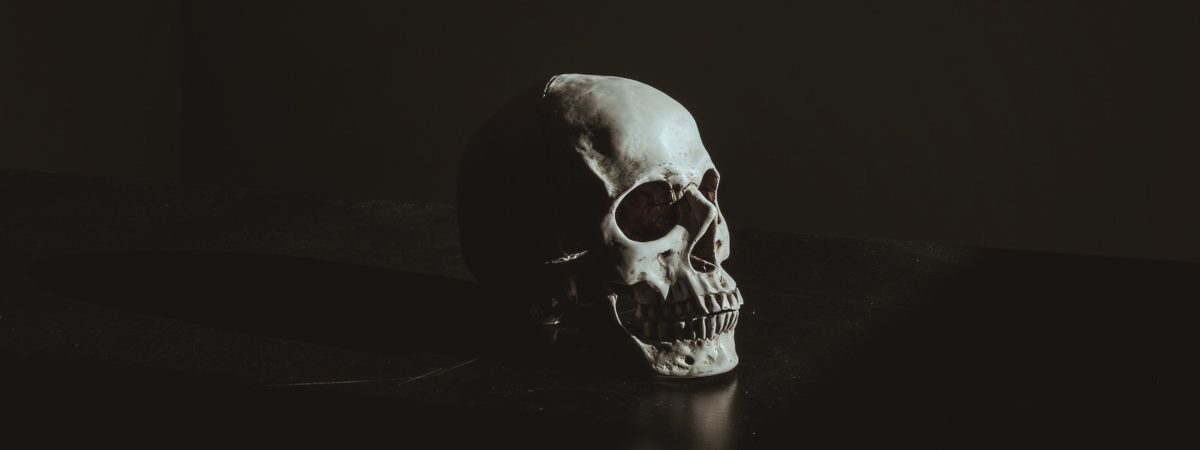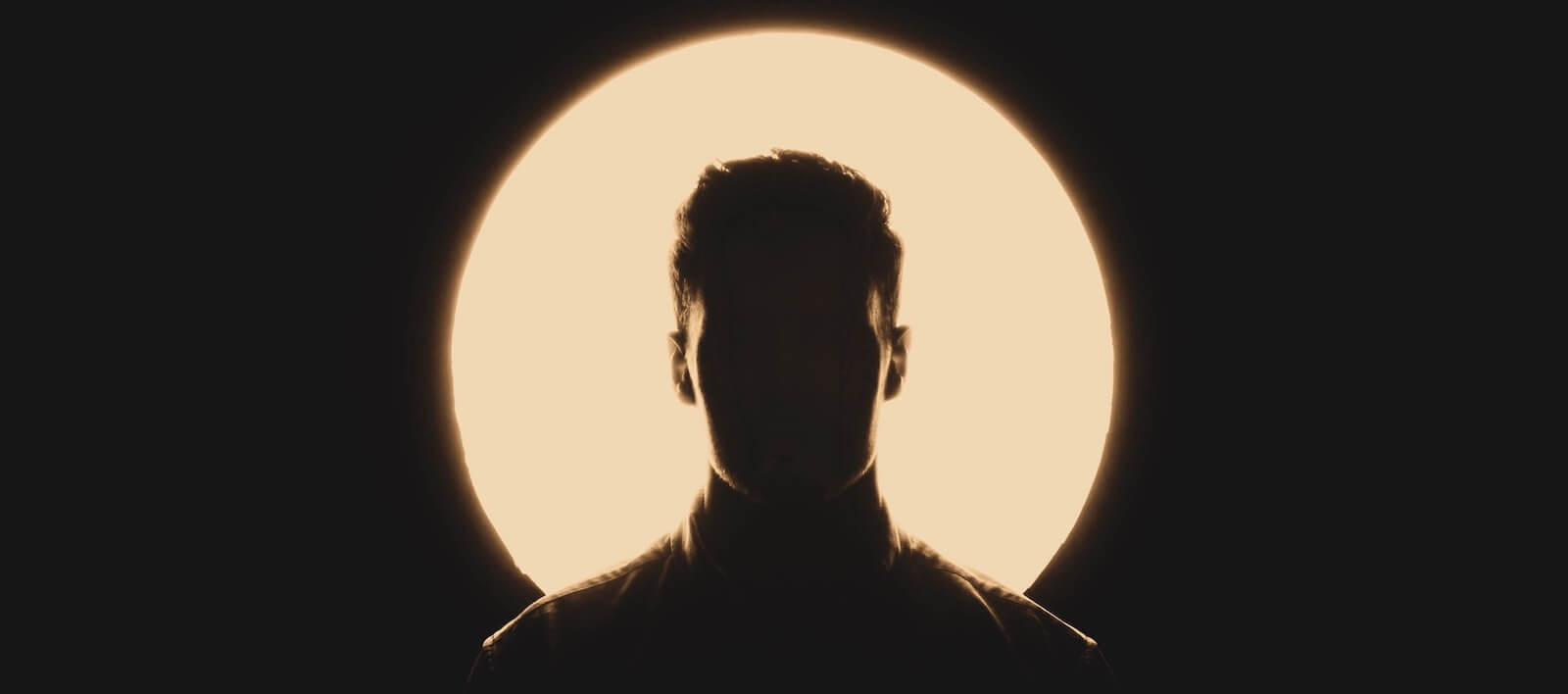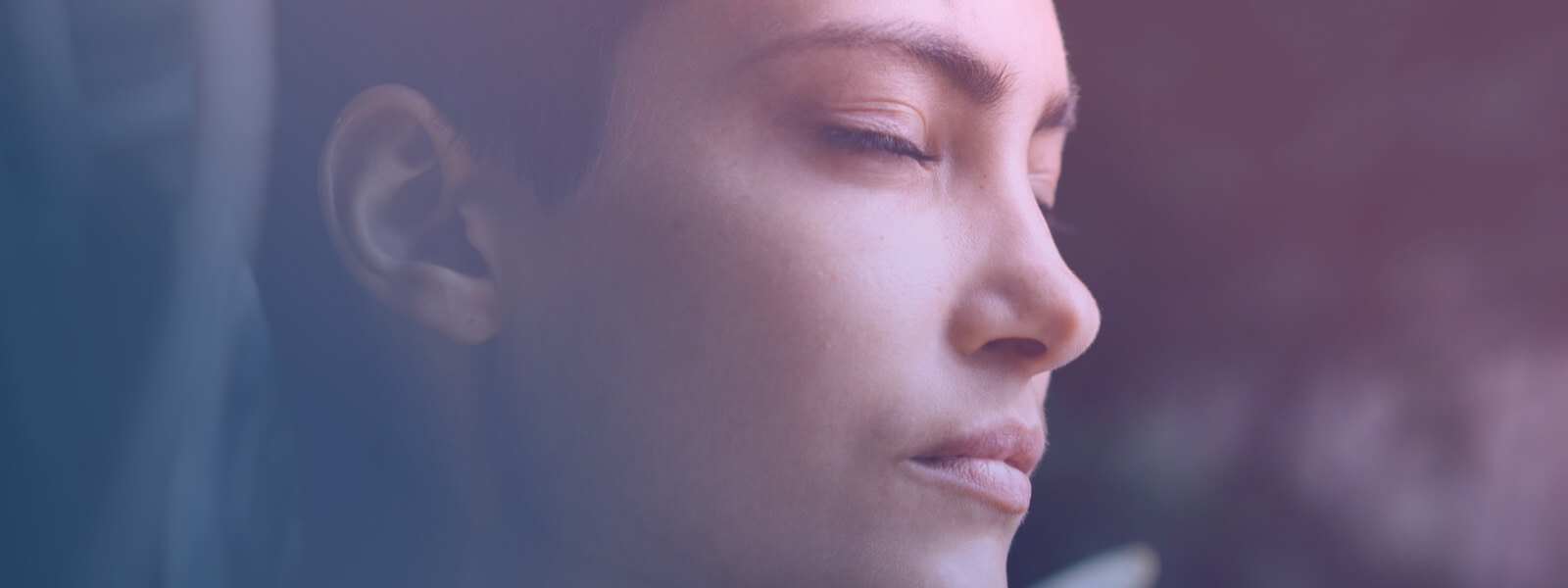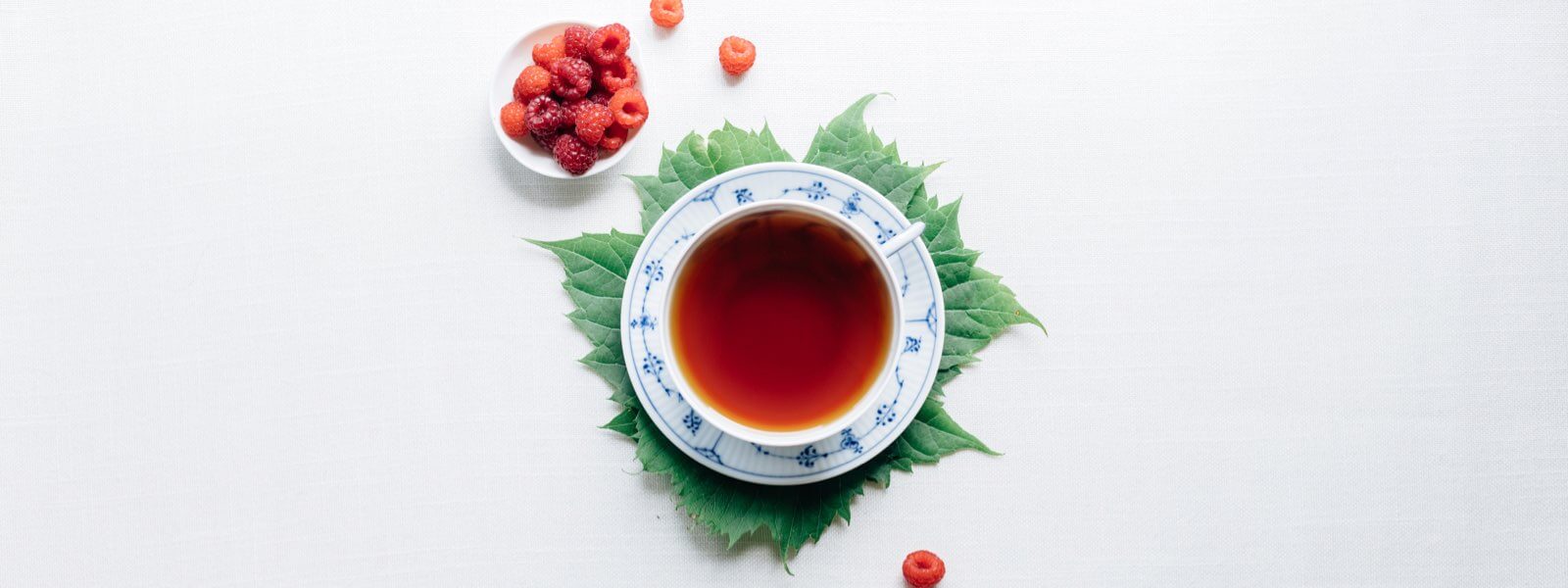Arthur Schopenhauer is perhaps one of the most underappreciated philosophers of the nineteenth century, maybe ever.
While his own work is considered less sophisticated—and for many reasons, less palatable—than contemporaries like Hegel and Kierkegaard, his greatness lies instead in his powerful influence on later paradigm-shifting thinkers like Nietzche and Freud.
Central to Schopenhauer’s work was the concept of the ‘will’, the powerful but irrational impulse toward physical existence that, in Schopenhauer’s view, had to be denied and transcended through art, ethics, and introspection. This notion leads to a body of work that is initially shocking in its negativity and bleakness. But upon closer inspection, it provides much wisdom for the art of living well.
What follows is a collection of my favorite quotes and passages from his work along with my own brief thoughts and reflections.
On Misfortune and Consolation
The most effective consolation in every misfortune and every affliction is to observe others who are more unfortunate than we: and everyone can do this. But what does that say for the condition of the whole?
Most of us are familiar with this technique of dealing with misfortune by acknowledging that there are others who are worse off. But typically, if we attempt this at all, we do so superficially. We don’t really spend much time or put a lot of energy into imagining the details of how truly worse it could be. Which is why, I think, this technique isn’t seen as all that effective or useful.
But what if we really committed to trying it rigorously? What if, the next time you feel bad, you spend 15 minutes journaling about other people’s misfortunes that are far worse than your own, in painful detail?
It sounds like a gruesome exercise and therefore an odd way of arriving at consolation. But consider this: Our culture’s ruthless insistence on constant positivity probably biases us pretty heavily away from anything negative, which means our aversion to an exercise like this may be largely an artifact of our anomalous cultural norms.
On Reading
Reading is merely a surrogate for thinking for yourself; it means letting someone else direct your thoughts.
Of course, this is hyperbole: Schopenhauer himself benefited greatly from reading quite a bit, and so do we all.
But it’s useful hyperbole. Probably even more so than in Schopenhauer’s day, we delude ourselves into believing that the simple absorption of knowledge is sufficient for learning, progress, and wisdom. Yes, we must read and learn from others. But we must also think for ourselves, transforming what’s we’ve taken from outside, blending it with our own unique perspective to create something new.
How much time do you dedicate solely to thinking rigorously about meaningful questions and problems?
On Not Reading
The art of not reading is a very important one. It consists in not taking an interest in whatever may be engaging the attention of the general public at any particular time… A precondition for reading good books is not reading bad ones: for life is short.
As is true of everything, there’s an opportunity cost in reading. The 5 hours you spend reading a vapid self-help book are 5 hours you could have spent reading something substantive, if significantly more challenging.
This is also a valuable idea for contemporary society’s addiction to the news. How much time do you waste listening to third-rate thinkers droning on about this and that outrageous thing that happened yesterday or today? What’s the opportunity cost there? How might your time and attention be channeled more productively?
…for life is short.
On (Un)Happiness
The reason the sudden announcement of a great piece of good fortune can easily prove fatal is that happiness and unhappiness is no more than a ratio between what we demand and what we receive, so that we are not sensible of the goods we posses or are quite certain of possessing as such; because all enjoyment is really only negative, only has the effect of removing a pain, while pain or evil, on the other hand, is the actual positive element and is felt directly.
I’ve always thought it interesting that among the 6 traditional primary emotions, 5 are “negative” and only one is “positive”:
- Sadness
- Anger
- Fear
- Disgust
- Surprise
- Joy
I also tend to agree with Schopenhauer that much of what we think of as “positive” experience is actually not the addition of something positive, but rather, the removal of something negative, which has a net positive effect.
On The Mind
There is no happiness on earth to compare with that which a beautiful and fruitful mind finds in a propitious hour in itself.
So many people are, deep down, afraid of their own minds. Afraid of distressing thoughts, uncomfortable emotions, or painful memories. And so, they construct a life that, at its core, is almost entirely motivated around the principle of staying so busy that they have no time to be alone with their thoughts.
Aside from the fact that this is a great way to develop one or more serious anxiety disorders, it’s also a tragic loss. The human mind is capable of inexplicably beautiful thoughts, ideas, dreams, and impressions.
What a waste to deliberately build walls around that.
On Expectations
As a reliable compass for orienting yourself in this life, nothing is more useful than to accustom yourself to regarding this world as a place of atonement, a sort of penal colony. When you have done this, you will order your expectations of life according to the nature of things and no longer regard the calamities, sufferings, torments and miseries of life as something irregular.
There is far more suffering, misfortune, and pain in the world than we like to acknowledge, especially those of us fortunate enough to grow up and live in a first-world country. But even so, tragedy and hardship are pervasive. I don’t think that’s a statement of pessimism so much as realism.
The problem is, if, when confronted with your own misfortune and hardships (which are hard enough), you’re also wrestling with the expectation that everything should be good and positive, the discrepancy between your expectations and the nature of reality is going to add a second layer of unhappiness on top of what is already a trying time.
I think Schopenhauer would agree with Murakami: Pain is inevitable. Suffering is optional.
On Philosophizing
The two main requirements for philosophizing are: firstly, to have the courage not to keep any question back; and secondly, to attain a clear consciousness of anything that goes without saying so as to comprehend a problem.
My simple, working definition of philosophy is thinking carefully about things that matter. But that’s actually quite hard to do if you’re constantly screening questions and taking things for granted.
As another notorious philosopher is frequently paraphrased as saying: It’s the mark of an educated mind to entertain a thought without accepting it.
Question everything.
On Knowledge
As the biggest library if it is in disorder is not as useful as a small but well-arranged one, so you may accumulate a vast amount of knowledge but it will be of far less value to you than a smaller amount if you have not thought it over for yourself; because only through ordering what you know by comparing every truth with every other truth can you take complete possession of your knowledge and get it into your power.
Schopenhauer’s recipe for useful knowledge:
- 1 part information
- 3 parts critical thinking
- Organize well
On Empiricism
Mere experience is no more a substitute for thinking than reading is. Pure empiricism is related to thinking as eating is too digestion and assimilation. When empiricism boasts that it alone has, through its discoveries, advanced human knowledge, it is as if the mouth should boast that it alone keeps the body alive.
Both reading and experience result in raw information, which isn’t all that useful without critical thought, reflection, and integration.
I don’t understand how people can read seriously without a pen or pencil. Simply inputting information from a book is boring; it gets exciting when you start to question it, argue with it, and generally wrestle with it.
On Truth
The discovery of truth is prevented most effectively, not by the false appearance things present and which mislead into error, nor directly by weakness of the reasoning powers, but by preconceived opinion, by prejudice, which as a pseudo a priori stands in the path of truth and is then like a contrary wind driving a ship away from land, so that sail and rudder labor in vein.
The shifty appearance of things isn’t the problem. And neither is our own intelligence.
The problem is that we bind our identity and sense of self to our beliefs, which makes questioning them too uncomfortable to do regularly or well.
Detach your identity from your beliefs and you’ll become both a better believer and a happier person.
On Greatness
If you want to earn the gratitude of your age you must keep in step with it. But if you do that you will produce nothing great. If you have something great in view, you must address yourself to posterity.
It’s either a really bad sign or a really good sign if most of the people around you don’t “get” your work.
If you’re hard-working, flexible, ambitious, reasonably intelligent, and self-aware, I think there’s a good chance you’re on the right track if most people disagree with, don’t get, or are critical of your work.
On Inspiration
A man who tried to live on the generosity of his Muses, I mean on his poetic gifts, seems to me somewhat to resemble a girl who lives on her charms. Both profane for base profit what ought to be the free gift of their innermost being. Both are liable to become exhausted and both usually come to a shameful end. So do not degrade your Muse to a whore.
Inspiration is like extra credit: rejoice when it’s offered but don’t ever expect it.
On The Self
There is an unconscious appositeness in the use of the word person to designate the human individual, as is done in all European languages: for persona really means an actor’s mask, and it is true that no one reveals himself as he is; we all wear a mask and play a role.
To some extent our mask-wearing is inevitable. The key, I think, is to cultivate enough self-awareness and psychological fortitude to acknowledge when we’re wearing a particular mask and why.
On Achievement
Only what is inborn is genuine and sound: if you want to achieve something in business, in writing, in painting, in anything, you must follow the rules without knowing them.
Internalize the rules so well that they become intuitive. Only then with you have enough creative bandwidth to make an innovative contribution or championship-level performance.
On Imagination
To posses a great deal of imagination means that the perceiving function of the brain is sufficiently strong not invariably to require stimulation by the senses in order to become active. The imagination is, consequently, the more active the fewer the perceptions from without are transmitted to us by the senses. Protracted solitude, in prison or in a sick bed, silence, twilight, darkness are conducive to it: under their influence it comes into play without being summoned. On the other hand, when a great deal of raw material is provided from without for us to perceive, as on journeys, in the bustle of life, at high noon, then the imagination takes a holiday and refuses to become active even when summoned: it sees that this is not its season.
On the whole, we probably spend too much time under the intensity of mid-day sun and conference room florescence.
We need more time in the twilight shadows of a cozy cottage, wrapped in mist and trees, on a productively lonely island.
It’s true: No man is an island. But I’m pretty sure no man is Times Square either.
On Life
Many readers are prematurely turned off to Schopenhauer because of is seemingly grim worldview—that life is primarily suffering and hardship, and that we can only hope to create moments of happiness and beauty through full acceptance of this bleak state of reality.
But perhaps it’s not as terrible as it appears. Spend 15 seconds closing your eyes and imagining a rose bush in full bloom. What’s your overall impression?
For me it’s beauty. Even though the colorful, sweet-smelling flowers make up only a fraction of the overall substance of a rose bush, I still find the overall impression a good one.
And as any gardener will tell you, the key to a thriving rose bush is to trim branches and “dead-head” old flowers liberally. It’s counterintuitive, but the harshness of chopping old branches and blooms is the very thing that allows the rose bush to thrive.
No rose without a thorn. But many a thorn without a rose. — Arthur Schopenhauer





9 Comments
Add YoursThank you:
Truly brilliant understanding of “my” dear Schopenhauer.
Wonderful article. I saved it so I can use it as an introduction to his writing for others.
In The Birth and Death of Meaning Becker wrote “Frederick Perls once observed that Rank’s book Art and Artist was “beyond praise.” I feel the same about Schopenhauer. While I struggle with his views on women I found the rest of his ideas to be life changing. Studies in Pessimism changed me and his writings have helped me get through the most difficult times in my life. I recommend him and Camus to all of my friends, with a warning that the reading often seems dark. But so worth it.
Thanks
Thank you so you were able to express a lot about Schopenhaur I’ve been to thinking but unable to pull it together as you have. I don’t rember a better short discrption of any philosopher, up I hope you do some others.
That was a fun read! Clear interpretations.I have serious “confirmation bias” when it comes to old shope!
I took a course in ” the world as will & representation”. The professor had wild hair & smashed chalk against the board he was so serious. I loved it & have NEVER been the same. Thanks!
Rich and insightful. Thank you very much for your kindness by sharing this gem with us. ????????
OMG, I’ve never seen any interpretation worse than this, so misleading and annoying. Schopenhauer would have sued you if he were alive.
Why?
Yes, we must read and learn from others. But we must also think for ourselves, transforming what’s we’ve taken from outside, blending it with our own unique perspective to create something new.
Then Schopenhauer or Aristotle are another avatar of me with their idiosyncrasy to grasp the TRUTH.
Whether this was a poor interpretation of Schopenhauer or not I do not know but it absolutely makes sense. This interpretation has led me to a clearer understanding of how pessimism can reveal the painful truths so many would choose to ignore. Schopenhauer seems to reinforce the veracity of my own go-to mantras when I hit a rough spot in life: no matter how bad your predicament things most certainly can get worse and expect nothing good so that any positive infuence or acquistion in life is a bonus!